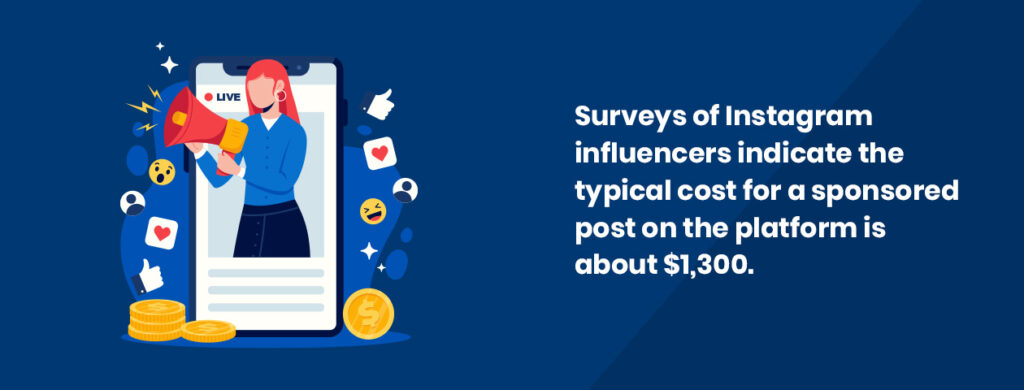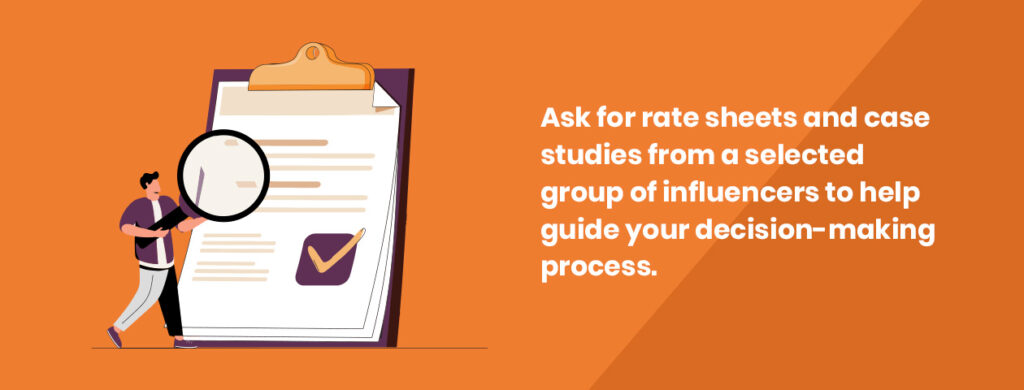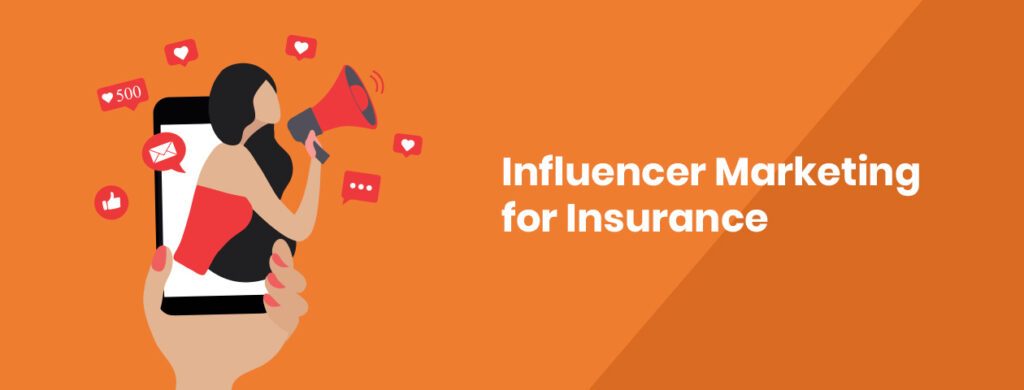In the digital age, traditional marketing channels are not enough. Influencer marketing, a powerhouse in the digital marketing landscape, is proving to be an effective strategy for industries worldwide, including the traditionally conservative insurance sector. This blog post will explore how influencer marketing can transform the insurance industry by building consumer trust, enhancing brand visibility, and personalizing the customer experience.
Embracing a New Marketing Frontier
Insurance companies are increasingly turning to influencer marketing to communicate their messages and connect with potential customers on a more personal level. Unlike traditional ads, influencers can demystify insurance policies and present them in a way that’s easy to understand and relatable, thereby enhancing customer engagement.
Selecting the Right Influencers
Choosing the right influencer is crucial in the highly regulated insurance industry. The effectiveness of an influencer marketing campaign can be significantly influenced by how well the influencer resonates with the target audience and aligns with the brand’s values.
Key Selection Criteria
– Expertise and Credibility: Influencers with a strong background in finance or personal planning can provide the authoritative voice needed to communicate complex insurance topics effectively.
– Engagement Rate: High engagement rates indicate that the influencer’s audience is active and values their content, which can lead to more effective promotions.
– Brand Value Alignment: The influencer’s content style and personal brand should reflect the values and tone of the insurance company to ensure consistent messaging.

Expanding Your Influencer Search
Finding the right influencers requires knowing where to look. Here are some platforms and strategies that can help:
– Upfluence and Aspire: These platforms offer tools to find influencers based on specific criteria such as industry, reach, and engagement metrics.
– LinkedIn: A great resource for connecting with professional influencers who specialize in finance and insurance.
– Insurance Industry Conferences and Seminars: Attending these events can provide direct access to thought leaders and experts who might be interested in collaboration.
– Social Media Scouting: Platforms like Instagram and Twitter are useful for finding influencers who are already talking about insurance or financial planning.
How Influencers are Changing the Insurance Game
The traditional insurance marketing model is witnessing a transformative shift with the advent of influencer marketing, bringing creativity and personal touch to a once-staid industry. Here are several noteworthy examples of this trend:
Sonnet Insurance and Instagram Optimism: Sonnet leverages the visually-rich platform of Instagram to connect with Canadians through lifestyle-focused content, partnering with local events like the Toronto Blue Jays and the Osheaga Arts & Music Festival. They blend insurance messaging with images of everyday joy, engaging with audiences where they least expect to find insurance promotions.
Direct Line’s Innovative YouTube Campaign: In a clever twist, UK’s Direct Line engaged influencer Alfie Deyes, known for his lack of driving skills, to promote their Telematics device. By documenting his journey to improve his driving on YouTube, they crafted a narrative that resonated with younger audiences, demonstrating their commitment to customer care and relatable, real-life improvements.
Oscar’s Niche Approach with Micro-Influencers: Oscar Insurance uses micro-influencers effectively by producing video testimonials tailored to specific professional groups. This targeted strategy enhances relatability and trust, portraying insurance discussions as relevant and personal.
TIAA’s Family-Focused Narratives: Another innovative campaign featured by TIAA involved influencers discussing the importance of life insurance in securing their families’ futures. These stories were tailored to resonate emotionally with viewers, emphasizing the critical role of insurance in family well-being.
John Hancock’s Micro-Influencer Strategy: By featuring micro-influencers in ‘at home’ settings, John Hancock’s campaigns on Instagram show real-life family moments that subtly incorporate discussions about their life insurance and Vitality program, using branded hashtags and natural mentions.
Aflac’s Diverse Influencer Insights: Aflac’s approach involved influencers from various backgrounds sharing their personal experiences with challenges like injuries and the financial fears associated with them. They discussed how Aflac’s insurance provided them with peace of mind, thus personalizing the insurance conversation.
These strategies exemplify how insurance companies are creatively using influencer marketing to rewrite their engagement rules and form genuine connections with diverse consumer segments. Each campaign not only increases visibility but also enriches customer understanding and trust, setting a new standard in the industry.

Measuring the Success of Influencer Campaigns
It’s important to track both qualitative and quantitative metrics to evaluate the effectiveness of an influencer marketing campaign.
– Engagement Metrics: These include likes, comments, and shares which help gauge audience interaction.
– Conversion Metrics: Tracking tools like affiliate links and promo codes can measure the actual sales or inquiries generated through the campaign.
– Brand Sentiment: Analyzing audience sentiment before and after the influencer campaign can provide insights into the impact on brand perception.
Looking Ahead: Continuous Improvement in Influencer Strategies
For sustained success, insurance companies must continually adapt their strategies based on campaign results and evolving marketing trends. This includes regular performance reviews and updating campaign strategies to align with current audience preferences and digital marketing practices.
Influencer marketing is not just a trend but a strategic tool that can bring significant benefits to the insurance industry. By carefully selecting influencers and crafting messages that resonate with target audiences, insurance companies can improve their outreach and engagement significantly.
Ready to Start Your Influencer Campaign?
Let Insurance Inbound help you navigate the complexities of influencer marketing in the insurance industry. With our expertise, you can create compelling campaigns that connect with your audience and drive meaningful engagement. Contact us to learn more about our digital marketing services for insurance agencies and how we can help you achieve your marketing goals.
